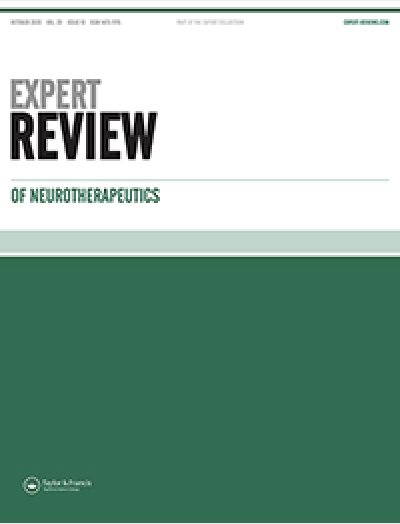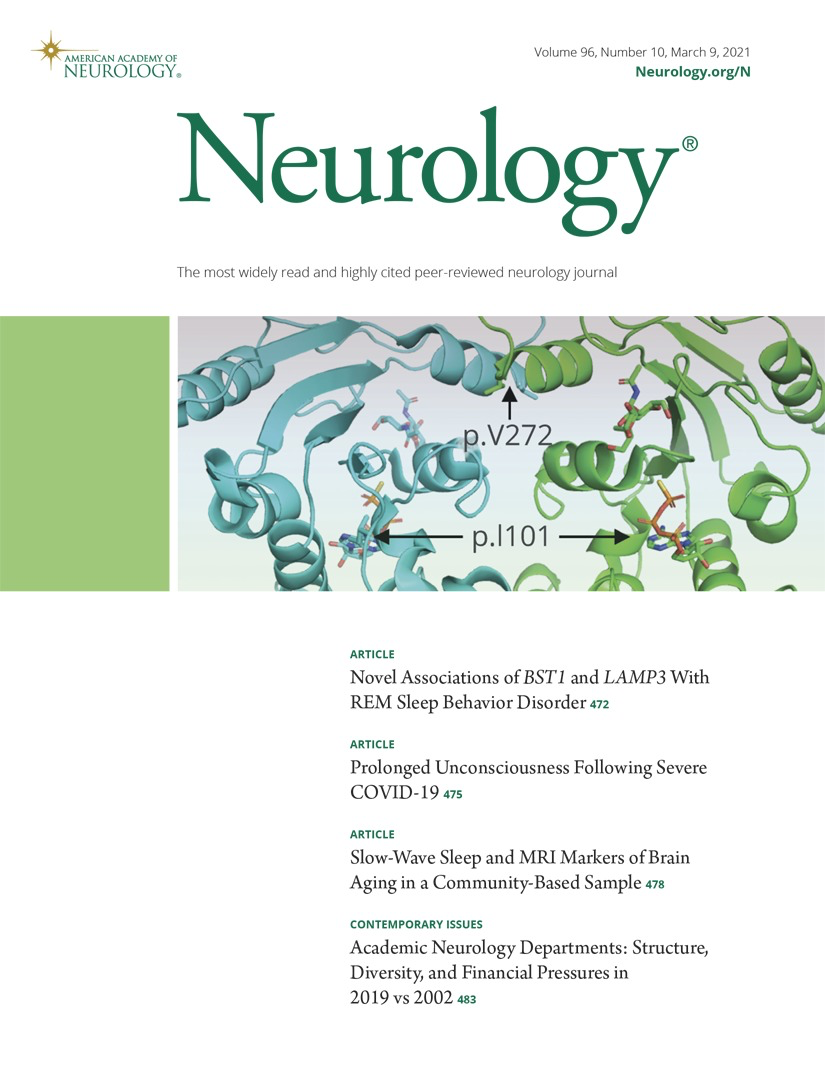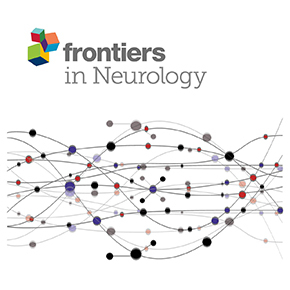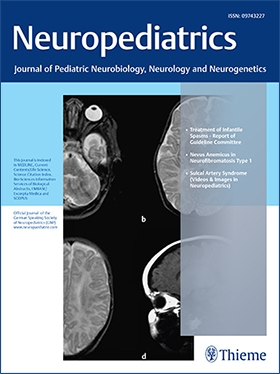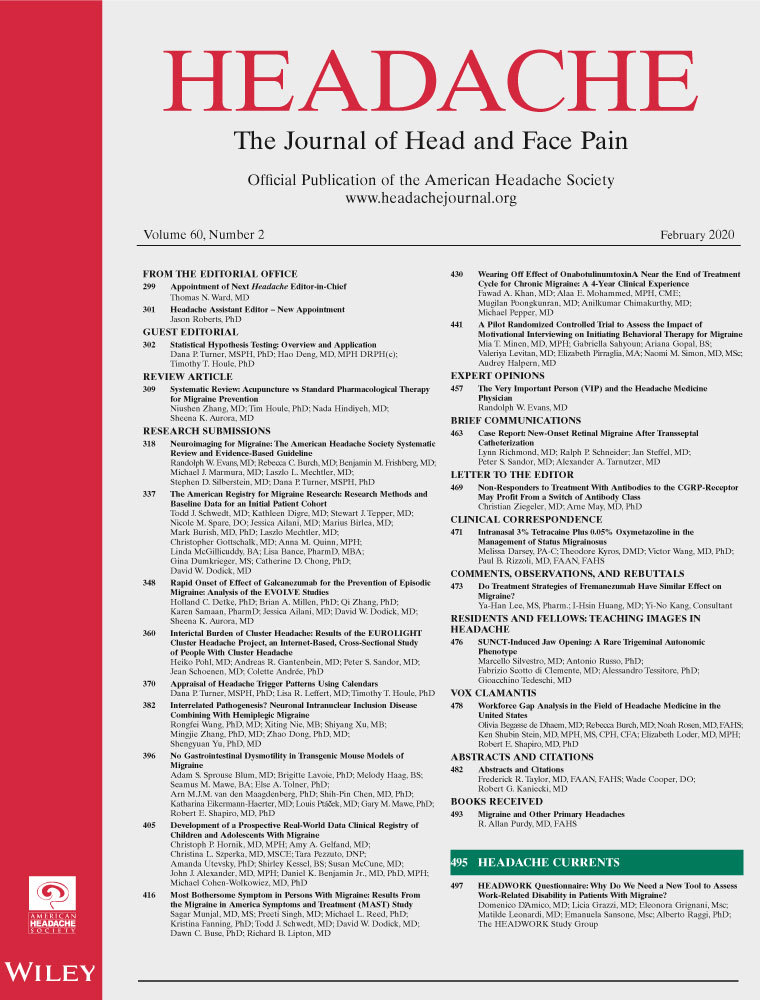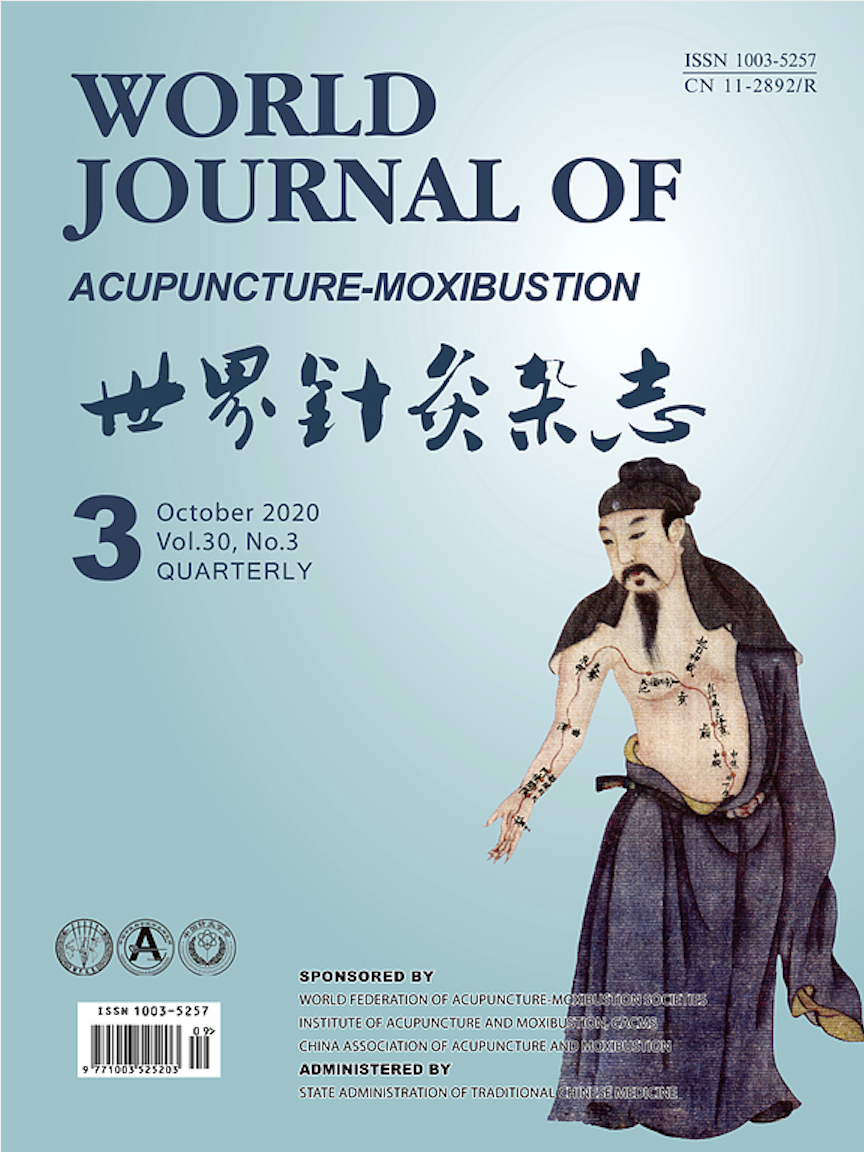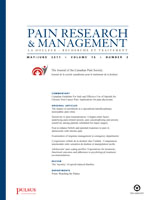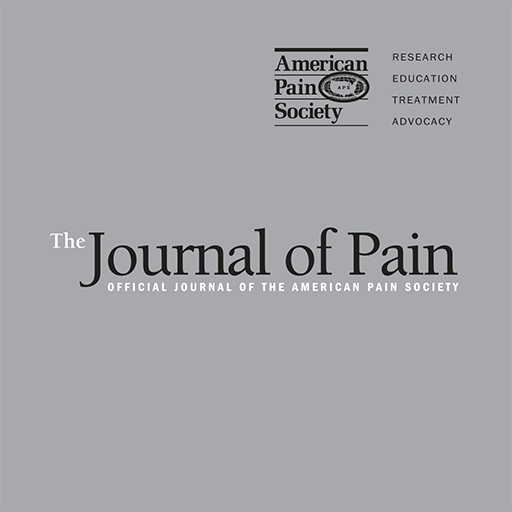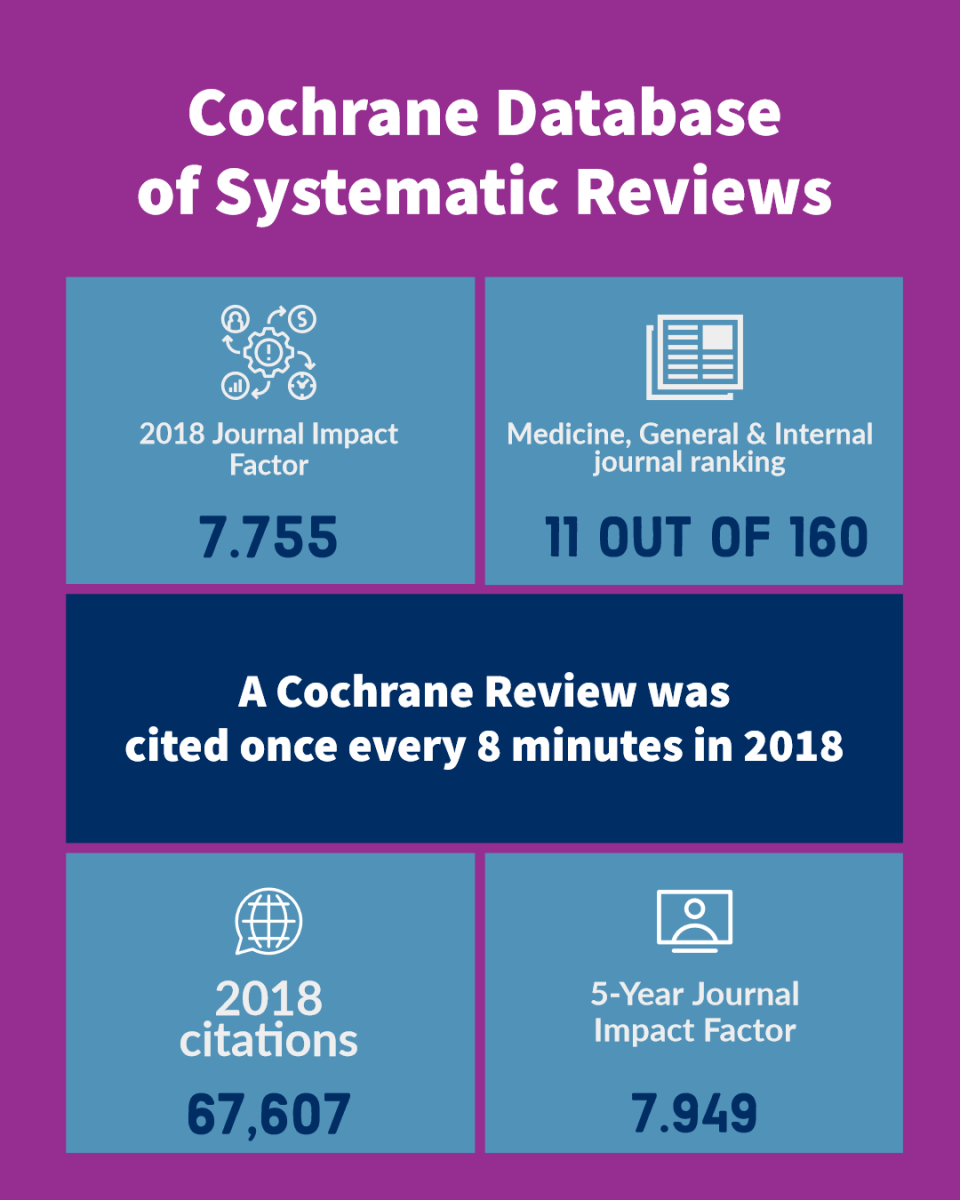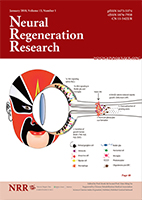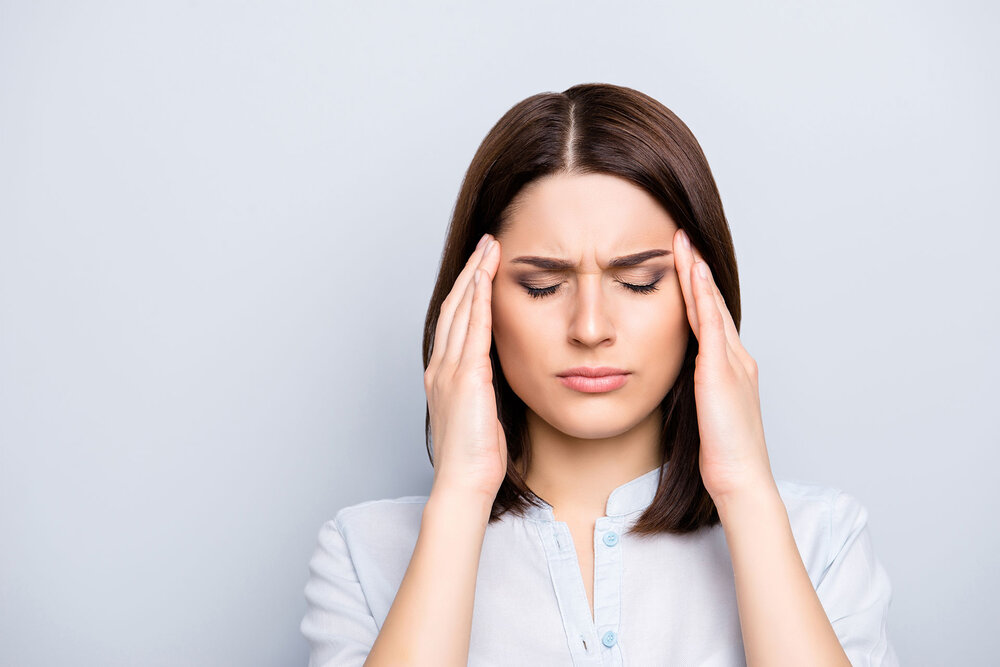
Acupuncture for Headache & Migraine.
Headache and migraines are very common and debilitating, yet many people remain undiagnosed or untreated until their symptoms become unbearable.
Apart from commonly experienced tension, migraine and sinus headaches, there are also many medical conditions that cause headache which can make diagnosing and treating the underlying cause a challenging task.
A sudden onset and severe headache with fever or sore neck may be a sign of meningitis which requires immediate medical diagnosis and treatment.
What is our clinical experience?
Based on feedback collected from over 1,342 initial appointments for Headache & Migraine, 78% of our patients reported improved quality of life after their first 4 appointments. See our detailed benchmarking statistics.
Initial
Consults
1,342
Average
Appointments
4
Improved
Quality of Life
78%
Refer Family &
Friends
90%
What does the research say?
The following insights are obtained from systematic reviews and analysis of clinical trials investigating the efficacy of Chinese medicine and acupuncture for headache & migraine.
Summary of Recent Research
Recent research from Australia and internationally highlights the effectiveness of Chinese medicine, particularly acupuncture, in treating headaches and migraines. A 2022 review in the Expert Review of Neurotherapeutics found a 6-week course of acupuncture to be as effective as 6 months of drug prophylaxis for migraines, suggesting that specific point selection and stimulation depth are less critical than previously thought. Additionally, a 2022 randomised controlled trial in Neurology demonstrated that true acupuncture significantly reduces the frequency of chronic tension-type headaches over eight weeks, offering a safe and effective treatment alternative.
Further support for acupuncture is evident in its comparability to pharmacological treatments, with a 2021 trial in Frontiers in Neurology showing similar efficacy in migraine prevention, but with improved patient compliance and fewer adverse events. These findings are consistent with earlier systematic reviews, such as those published in Neurology and Therapy (2020) and Pain Research & Management (2020), which confirm acupuncture's safety and effectiveness in reducing headache frequency and severity. Collectively, this body of research advocates for the integration of acupuncture into standard migraine management protocols, providing a well-tolerated and efficacious treatment option for migraine sufferers.
2022 Expert Review of Neurotherapeutics
A 6-week course of acupuncture proves as effective as 6-month drug prophylaxis for migraines, with specific Chinese point selection and stimulation appearing less important.
The study began by revisiting previous research on acupuncture as a treatment for headache, finding shortcomings in many of these studies. It explored the influence of acupuncture on migraine and how it potentially functions. The methodology involved running several large, randomized trials comparing the use of acupuncture to conventional prophylactic drug treatments, spanning a time frame of six weeks to six months, respectively.
In the discussion of the results, it was found that the 6-week acupuncture treatment was just as effective in treating migraines as the 6-month drug treatment. Specific attributes of the acupuncture treatment, such as the selection and stimulation of Chinese points and the depth of the needles, were found to have lower significance than traditionally believed. The paper therefore suggested the integration of acupuncture into existing migraine therapy protocols.
Role of acupuncture in the treatment of migraine Endres HG, Diener HC, Molsberger A
2022 Expert Review of Neurotherapeutics
A 6-week course of acupuncture proves as effective as 6-month drug prophylaxis for migraines, with specific Chinese point selection and stimulation appearing less important.
The study began by revisiting previous research on acupuncture as a treatment for headache, finding shortcomings in many of these studies. It explored the influence of acupuncture on migraine and how it potentially functions. The methodology involved running several large, randomized trials comparing the use of acupuncture to conventional prophylactic drug treatments, spanning a time frame of six weeks to six months, respectively.
In the discussion of the results, it was found that the 6-week acupuncture treatment was just as effective in treating migraines as the 6-month drug treatment. Specific attributes of the acupuncture treatment, such as the selection and stimulation of Chinese points and the depth of the needles, were found to have lower significance than traditionally believed. The paper therefore suggested the integration of acupuncture into existing migraine therapy protocols.
Role of acupuncture in the treatment of migraine Endres HG, Diener HC, Molsberger A
2022 Neurology
True acupuncture over an eight-week period is effective for reducing the frequency of chronic tension-type headache.
In a randomized controlled trial, 218 participants diagnosed with chronic tension-type headache were divided into an intervention group and a control group, with the study conducted from June 2017 to September 2020. The intervention group received 20 true acupuncture sessions over 8 weeks, where each acupuncture point was needled to achieve a sensation, each session lasting 30 minutes. The control group received the same number of superficial acupuncture sessions, serving as a make-believe treatment, where the needling avoided inducing sensations at the acupuncture points.
The results showed a trend towards greater effectiveness of true acupuncture. By week 16, the 'responder rate' (participants reporting at least a 50% reduction in monthly headache days) was higher in the true acupuncture group compared to the superficial acupuncture group, with similar results by week 32. These findings suggest that true acupuncture, involving the creation of a sensation at each acupuncture site, can noticeably reduce chronic tension-type headaches. This was observed without noting significant adverse events, hinting towards the safety of the procedure.
Acupuncture for Patients With Chronic Tension-Type Headache Zheng H, Gao T, Zheng QH, Lu LY, Hou TH, Zhang SS, Zhou SY, Hao XY, Wang L, Zhao L, Liang FR, Li Y
2021 Frontiers in Neurology
Acupuncture could be as effective as pharmacological drugs for migraine prevention, with improved patient compliance and fewer adverse events.
In the study, patients experiencing migraines who hadn't undergone preventive treatment in the prior 3 months were randomly divided into two groups. Group A underwent 12 acupuncture sessions, while Group B received a range of suitable medications for each individual. The frequency of headaches was compared at the beginning and end of treatment, and both groups were assessed after three and six months post-treatment.
Results highlighted that both treatments led to a significant decrease in headache frequency. Of the patients, around 34% saw a 50% reduction of headache days post-treatment. The improvements seen at the end of treatment were maintained in 57.3% of patients three months after and in 38.8% of patients six months after, notably in the acupuncture group. Based on this data, acupuncture can be seen as an effective alternative for migraine prophylaxis.
A Randomized Clinical Trial on Acupuncture Versus Best Medical Therapy in Episodic Migraine Prophylaxis: The ACUMIGRAN Study Giannini G, Favoni V, Merli E, Nicodemo M, Torelli P, Matrà A, Giovanardi CM, Cortelli P, Pierangeli G, Cevoli S
2019 Neuropediatrics
Currently, acupuncture is considered to be a safe, helpful, and available alternative option for patients who have not responded to or complied with conventional pharmacotherapy.
The authors conducted an exhaustive review of existing literature exploring the use of acupuncture to address migraine headaches in children. This review encompassed understanding the neurobiological mechanisms of acupuncture, studies on adult headaches, pediatric headache studies, consideration of acupuncture's safety, and its application in other health conditions present in children.
The findings of this review suggested that acupuncture emerges as a safe and effective treatment option for migraine in children. Evidence proposes that it can be effectively integrated into the primary treatment regime to reduce the child's discomfort and pain. The effectiveness of acupuncture comes with the added advantage of being safe, with negligible risks, especially important when dealing with young patients. These insights support acupuncture to be seriously considered as an auxiliary treatment strategy for migraines in children.
Acupuncture in Adult and Pediatric Headache: A Narrative Review Doll, E., Threlkeld, B., Graff, D., Clemons, R., Mittel, O., Sowell, M. K.
2019 Headache
There is growing evidence that acupuncture is just as effective and has fewer side effects than many of the standard pharmaceutical agents that are currently used.
Out of the 706 search results, 7 clinical trials, with a total of 1430 participants, met inclusion criteria for trials comparing the effectiveness of acupuncture to standard pharmacologic treatment. Several of the studies showed acupuncture to be more effective than standard pharmacological treatments for migraine prevention; however, methodological heterogeneity precluded aggregation of these data.
Systematic Review: Acupuncture vs Standard Pharmacological Therapy for Migraine Prevention Niushen Zhang, Tim Houle, Nada Hindiyeh, & Sheena K. Aurora
2019 World Journal of Acupuncture-Moxibustion
The results of this meta-analysis showed that acupuncture is more effective and safer than medication for migraine.
A total of 13 trails including 1218 participants met the selection criteria. The meta-analysis of 3 articles showed that acupuncture was more effective in reducing the frequency of migraine attacks than medication. The meta-analysis of three articles showed that acupuncture was more effective in reducing the number of migraine days than medication after treatment. The meta-analysis of six articles showed that acupuncture was more effective in reducing VAS after treatment. The meta-analysis of two articles showed that acupuncture was more effective in reducing VAS during follow-up. The meta-analysis of seven articles showed that the total effective rate of acupuncture was higher than that of medication. In addition, fewer adverse effects in acupuncture groups were reported than in medication groups. Overall the quality of the evidence was low.
The results of this meta-analysis showed that acupuncture is more effective and safer than medication for migraine. Acupuncture can be considered a treatment option for patients willing to undergo this treatment. But more high-quality studies, based on standardized, comprehensive and objective evaluation, are required to enhance the reliability of the conclusion.
Acupuncture for migraine: A systematic review and meta-analysis SHEN, Feng-jiao AU - XU, Jia AU - ZHAN, Yi-jun AU - FU, Qin-hui AU - PEI, Jian PY
2019 Pain Research & Management
Acupuncture has the advantage for acute and preventive treatment of migraine in pain improvement and safety.
This overview included a considerable number of systematic reviews/meta analyses (SR/MAs), illustrating that acupuncture has the advantage in pain improvement of VAS score, headache days/frequency, analgesic use and efficacy of response rate, and effective rate according to the present evidence.
In terms of conclusion, the results of all 15 (100%) SR/MAs were positive. For treatment, 6 SR/MAs reported acupuncture had superiority relative to drugs; 4 SR/MAs reported acupuncture had superiority relative to sham acupuncture, drugs; 3 SR/MAs reported acupuncture had superiority relative to sham acupuncture; 1 SR/MA reported acupuncture had superiority relative to drugs, other TCM treatments. 1 SR/MA reported that acupuncture had superiority in treating migraine, but did not mention the control group in the conclusions.
Based on previous evidence we reviewed, we supposed acupuncture might be a kind of available treatment for migraine in preventive or acute treatment, but in consideration of low methodological quality of present SR/MAs or RCTs of acupuncture for migraine, we need more high-quality evidence to demonstrate the effect of acupuncture for migraine.
An Overview of Systematic Reviews of Randomized Controlled Trials on Acupuncture Treating Migraine Xia-tian Zhang, Xin-yi Li, Chen Zhao, Ye-yin Hu, Yi-yi Lin, He-qing Chen, Zhao-feng Shi, Xiao-yu Zhang, Hong-cai Shang, Gui-hua Tian
2017 The Journal of Pain
Acupuncture has a clinically relevant effect on chronic pain that persists over time. Referral for acupuncture treatment is a reasonable option for chronic pain patients.
We included randomized trials of acupuncture needling versus either sham acupuncture or no acupuncture control for nonspecific musculoskeletal pain, osteoarthritis, chronic headache, or shoulder pain. Trials were only included if allocation concealment was unambiguously determined to be adequate. Raw data were obtained from study authors and entered into an individual patient data meta-analysis. The main outcome measures were pain and function. An additional 13 trials were identified, with data received for a total of 20,827 patients from 39 trials. Acupuncture was superior to sham as well as no acupuncture control for each pain condition (all P < .001) with differences between groups close to .5 SDs compared with no acupuncture control and close to .2 SDs compared with sham. We also found clear evidence that the effects of acupuncture persist over time with only a small decrease, approximately 15%, in treatment effect at 1 year.
Acupuncture is effective for the treatment of chronic musculoskeletal, headache, and osteoarthritis pain. Treatment effects of acupuncture persist over time and cannot be explained solely in terms of placebo effects. Referral for a course of acupuncture treatment is a reasonable option for a patient with chronic pain.
Acupuncture for Chronic Pain: Update of an Individual Patient Data Meta-Analysis Vickers, Andrew J. et al.
2016 Cochrane Database of Systematic Reviews
The available evidence suggests that a course of acupuncture consisting of at least six treatment sessions can be a valuable option for people with frequent tension-type headache.
Acupuncture added to usual care or treatment of headaches only on onset (usually with pain-killers) in two large trials resulted in 48 in 100 participants having headache frequency at least halved, compared to 17 of 100 participants given usual care only.
Acupuncture was compared with ‘fake’ acupuncture, where needles are inserted at incorrect points or do not penetrate the skin, in six trials. Headache frequency halved in 52 of 100 participants receiving true acupuncture compared with 43 of 100 participants receiving ‘fake’ acupuncture. The results were dominated by one large, good quality trial (with about 400 participants), which showed that the effect of true acupuncture was still present after six months. There were no differences in the number of side effects of real and ‘fake’ acupuncture, or the numbers dropping out because of side effects.
Acupuncture for the prevention of tensionâ€type headache Klaus Linde,Gianni Allais,Benno Brinkhaus, Yutong Fei,Michael Mehring,Byungâ€Cheul Shin,Andrew Vickers,Adrian R White
2016 Neural Regeneration Research
A 14-session course of needling at Fengchi is relatively safe for treating posterior circulation ischemia with vertigo.
Acupuncture at Fengchi (GB20) in the posterior neck improves vertigo. However, subarachnoid hemorrhage and spinal epidural hematoma have been reported to occur after acupuncture in the posterior neck. Therefore, in the present study, we assessed the safety of acupuncture at Fengchi.
Of the 136 patients, 120 completed the study. There were no significant differences between pretreatment and posttreatment test results in any of the groups. Only five patients suffered from minor adverse events (needling pain, slight hematoma and transient chest tightness). No serious adverse events were found. Our results indicate that a 14-session course of needling at Fengchi is relatively safe for treating posterior circulation ischemia with vertigo.
Safety of different acupuncture manipulations for posterior circulation ischemia with vertigo Wen Y, Zhang C, Zhao Xf, Deng Sz, He S, Huang Lh, Tian G, Meng Zh
2001 Cochrane Database of Systematic Reviews
The existing evidence supports the value of acupuncture for the treatment of idiopathic headaches.
Due to the clinical heterogeneity and the poor methodological quality of the included studies, straightforward recommendations for clinical practice cannot be made. Overall, some forms of acupuncture seem to be beneficial, but it is unclear which treatment strategies (points, type of stimulation, frequency, etc.) and which providers may be most promising for particular groups of patients.
Though not riskâ€free, acupuncture seems to be relatively safe in the hands of qualified providers. Therefore, we conclude that headache patients who want to try acupuncture should not be discouraged. Existing provision of acupuncture to headache patients also seems justified. Whether acupuncture should be more widely recommended and, if so, which particular type of acupuncture should be offered, are questions that cannot be answered at present.
Acupuncture for idiopathic headache Melchart D, Linde K, Berman B, White A, Vickers A, Allais G, Brinkhaus B
Consult with our practitioners for personalised care and advice.
Although well-conducted clinical research can help members of the public to make better-informed decisions about their healthcare, we cannot claim that any particular treatment may be effective for any individual person.
When you consult with our Chinese medicine practitioners, you'll receive personalised advice and treatment based on your symptoms and Chinese medicine diagnosis.
Scientific References
Browse our collection of scientific clinical research on acupuncture for headache & migraine.
It includes recent and reputable papers published by peer-reviewed journals within the last 10 years.

2022, Sep
Role of acupuncture in the treatment of migraine
Expert Review of Neurotherapeutics
The review suggests that acupuncture should be integrated into existing migraine therapy protocols.
Endres HG, Diener HC, Molsberger A Full Article

2022, Jun 22
Acupuncture for Patients With Chronic Tension-Type Headache
Neurology American Academy of Neurology
The 8-week true acupuncture (TA) treatment was effective for the prophylaxis of chronic tension-type headache (CTTH).
Zheng H, Gao T, Zheng QH, Lu LY, Hou TH, Zhang SS, Zhou SY, Hao XY, Wang L, Zhao L, Liang FR, Li Y Full Article

2021, Jan 15
A Randomized Clinical Trial on Acupuncture Versus Best Medical Therapy in Episodic Migraine Prophylaxis: The ACUMIGRAN Study
Frontiers in Neurology
Our trial is the first one comparing acupuncture with the more appropriate pharmacological treatment for migraine prophylaxis. Data suggested that acupuncture could be adopted as migraine prophylaxis and seem to be slightly superior to pharmacological treatment in compliance and rate of adverse events.
Giannini G, Favoni V, Merli E, Nicodemo M, Torelli P, Matrà A, Giovanardi CM, Cortelli P, Pierangeli G, Cevoli S Full Article

2019, Aug 29
Acupuncture in Adult and Pediatric Headache: A Narrative Review
Neuropediatrics
In this article, the authors conduct a review of acupuncture in pediatric headache, including neurobiological mechanisms, adult headache studies, pediatric headache studies, safety, and use of acupuncture in other conditions in children. Acupuncture appears to be safe and effective for the treatment of migraine in children.
Doll, E., Threlkeld, B., Graff, D., Clemons, R., Mittel, O., Sowell, M. K. Full Article

2019, Dec 24
Systematic Review: Acupuncture vs Standard Pharmacological Therapy for Migraine Prevention
Headache American Headache Society
This systematic review of randomised controlled trials articles showed that acupuncture is just as effective for treating migraine. It also has fewer side effects than many of the standard modern pharmaceutical agents. Patients also reported to use less pharmacological drugs after treatments.
Niushen Zhang, Tim Houle, Nada Hindiyeh, & Sheena K. Aurora Full Article

2019, Mar
Acupuncture for migraine: A systematic review and meta-analysis
World Journal of Acupuncture-Moxibustion World Federation of Acupuncture-Moxibustion Societies
The results of this meta-analysis showed that acupuncture is more effective and safer than medication for migraine. Patients in acupuncture group found acupuncture to be better than medication for migraine treatment and prophylaxis
SHEN, Feng-jiao AU - XU, Jia AU - ZHAN, Yi-jun AU - FU, Qin-hui AU - PEI, Jian PY Full Article

2019, Oct 29
An Overview of Systematic Reviews of Randomized Controlled Trials on Acupuncture Treating Migraine
Pain Research & Management
We found that acupuncture on treating migraine has the advantage for pain improvement and safety, but the quality of SR/MAs of acupuncture for migraine remains to be improved.
Xia-tian Zhang, Xin-yi Li, Chen Zhao, Ye-yin Hu, Yi-yi Lin, He-qing Chen, Zhao-feng Shi, Xiao-yu Zhang, Hong-cai Shang, Gui-hua Tian Full Article

2017, Nov 30
Acupuncture for Chronic Pain: Update of an Individual Patient Data Meta-Analysis
The Journal of Pain American Pain Society
Acupuncture has a clinically relevant effect on chronic pain that persists over time. The effect of acupuncture cannot be explained only by placebo effects. Factors in addition to the specific effects of needling are important contributors. Referral for acupuncture treatment is a reasonable option for chronic pain patients.
Vickers, Andrew J. et al. Full Article

2016, Apr 19
Acupuncture for the prevention of tensionâ€type headache
Cochrane Database of Systematic Reviews Cochrane
The available results suggest that acupuncture is effective for treating frequent episodic or chronic tensionâ€type headaches. Patients in acupuncture group reported to have at least 50% reduction of headache frequency compared to placebo group.
Klaus Linde,Gianni Allais,Benno Brinkhaus, Yutong Fei,Michael Mehring,Byungâ€Cheul Shin,Andrew Vickers,Adrian R White Full Article

2016, Sep 6
Safety of different acupuncture manipulations for posterior circulation ischemia with vertigo
Neural Regeneration Research
Our results indicate that a 14-session course of needling at Fengchi is relatively safe for treating posterior circulation ischemia with vertigo.
Wen Y, Zhang C, Zhao Xf, Deng Sz, He S, Huang Lh, Tian G, Meng Zh Full Article

2001, Jan 22
Acupuncture for idiopathic headache
Cochrane Database of Systematic Reviews Cochrane
Overall, the existing evidence supports the value of acupuncture for the treatment of idiopathic headaches.
Melchart D, Linde K, Berman B, White A, Vickers A, Allais G, Brinkhaus B Full Article
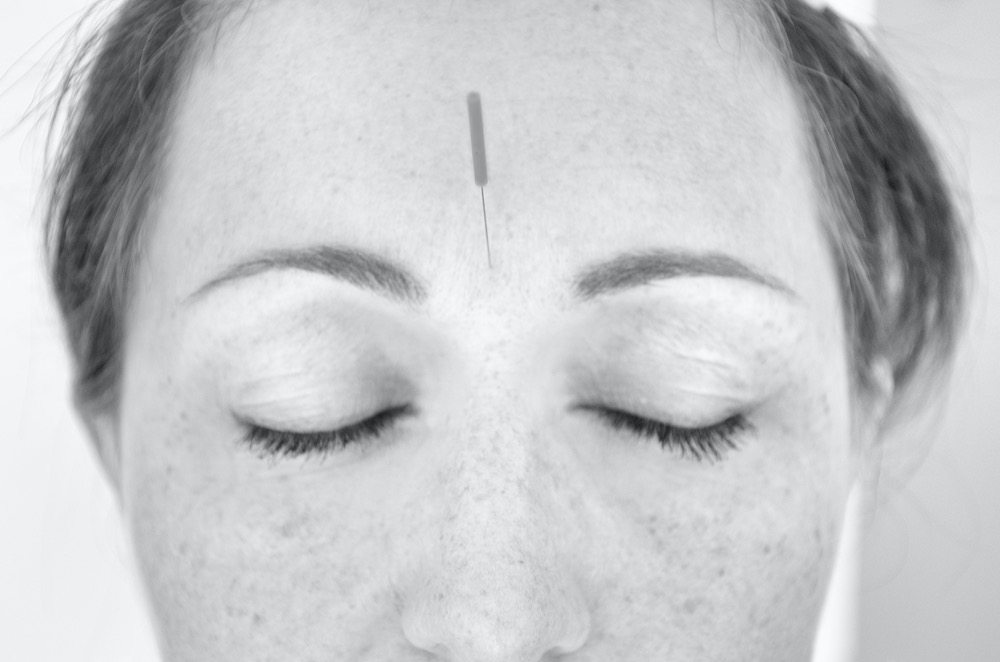
“It is by virtue of the twelve channels that human life exists, that disease arises, that human beings can be treated and illness cured. The twelve channels are where beginners start and masters end.” The Classic of Acupuncture
Circa 1st Century BCE
